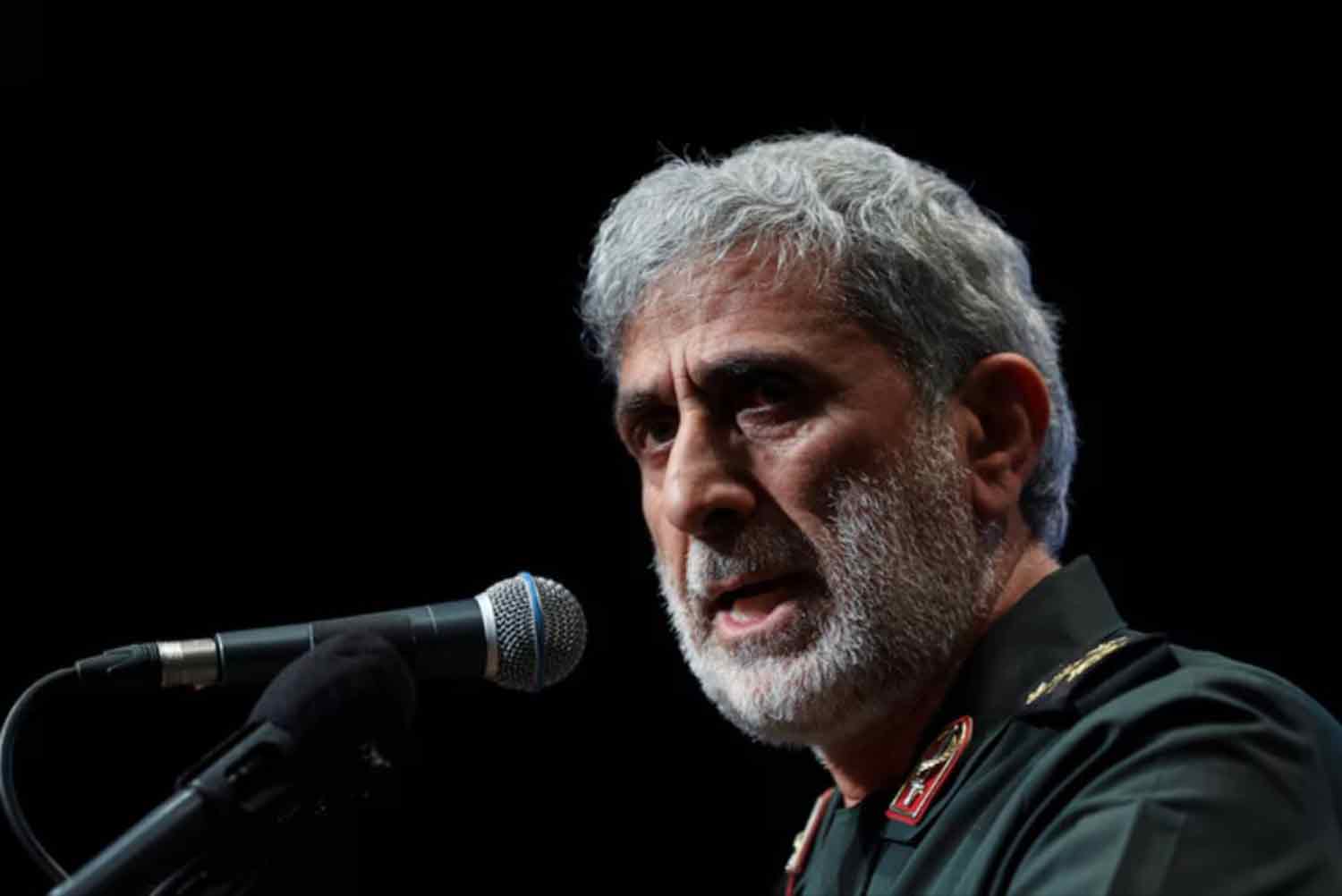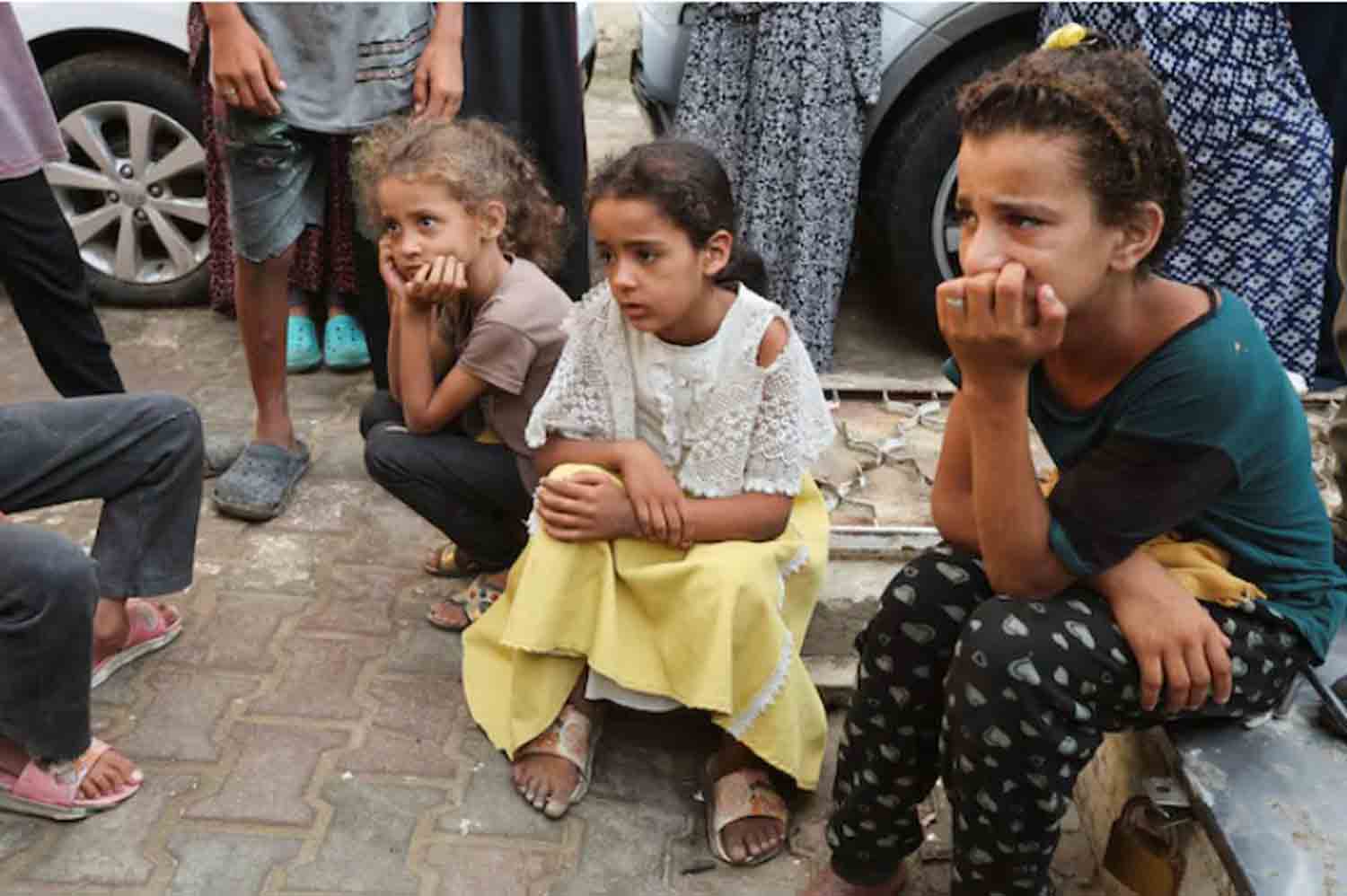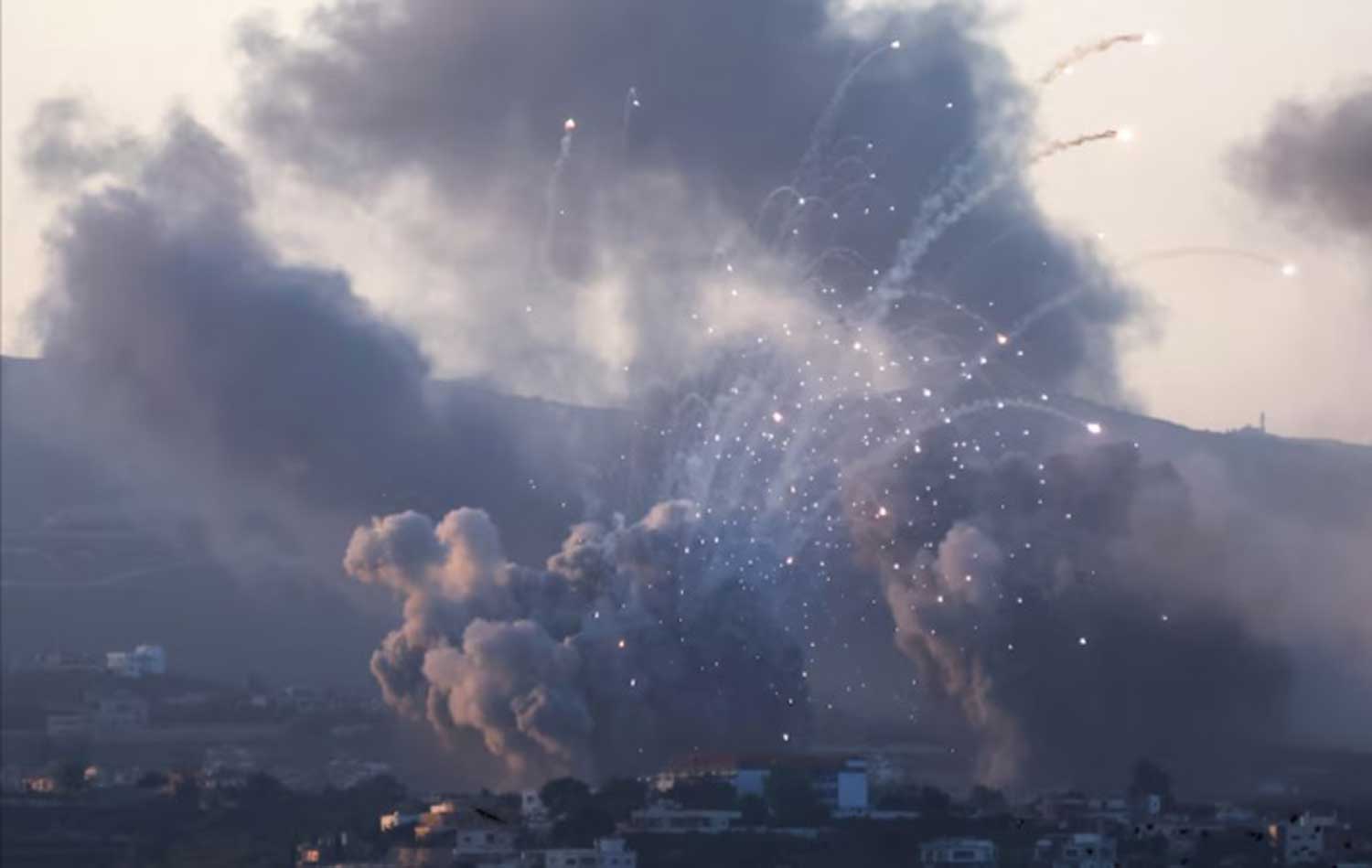Iran’s Quds Force commander recently urged Iraqi political leaders to temper their criticism of Prime Minister Mohammed Shia al-Sudani, who is currently facing allegations of espionage, according to multiple sources.
This request, made during Esmail Qaani’s visit to Baghdad, aims to stabilize a crucial regional ally amid rising tensions in the Middle East. Seven Iraqi sources, including members of political parties that met with the Iranian commander, confirmed this information, with a regional diplomat also corroborating the details. Due to the private nature of the discussions, all sources requested anonymity.
This initiative to support al-Sudani underscores Iran’s apprehensions regarding potential instability in Iraq, a country where Tehran has historically maintained influence through various Iran-aligned armed groups and Shi’ite political factions.
Iran is particularly focused on preserving its regional alliances in light of the prolonged conflict in Gaza, which has significantly weakened Hamas, and the escalating situation in Lebanon that poses considerable challenges for Hezbollah, another key ally.
The Quds Force serves as the international division of the Iranian Revolutionary Guards Corps (IRGC). There was no immediate response from the IRGC or Iran’s Foreign Ministry regarding requests for comments. Qaani advised Iraqi leaders within the Coordination Framework, a coalition of Shi’ite Muslim parties that selected Sudani for the position, to refrain from undermining the prime minister in light of accusations that his office had conducted surveillance on senior Iraqi officials and politicians. He emphasized that maintaining stability in Iraq is crucial given the ongoing regional violence.
The allegations of espionage, which have been refuted by Sudani’s advisers and lack any publicly presented evidence, were brought to light by lawmakers and prominent media outlets last month, creating significant controversy in Iraq.
Supporters and independent analysts suggest that Sudani’s political rivals have amplified these claims in an effort to undermine him ahead of the parliamentary elections scheduled for next year. Critics of the prime minister assert that the allegations are of considerable gravity.
Iraq’s judiciary has initiated an investigation into the claims, led by Faiq Zaidan, the head of the Supreme Judicial Council. Some Iraqi officials have indicated that the findings of this investigation could influence Sudani’s continuation in office.
For Sudani, this controversy arises at a particularly sensitive time. He is working to revitalize the economy after years of conflict while preparing for elections and managing the influence of powerful, Iran-aligned factions, all while negotiating the reduction of U.S.-led forces in Iraq, which have been present for many years.
Renad Mansour from the London-based Chatham House think tank noted that Iran is keen to avoid escalating tensions in Iraq, where internal rivalries have frequently led to violence, especially with parliamentary elections approaching in 2025.
“At a pivotal moment for Iran, as it seeks to address Israeli aggression, the infighting among Iraqi groups is destabilizing. The last thing Iran desires right now is a political crisis in Iraq,” Mansour stated.
This is not the first instance of Qaani intervening in Iraq during a crisis. In February, he urged Iran-backed armed factions in Iraq to halt attacks on U.S. forces following a strike by one group on a U.S. base in Jordan, which resulted in the deaths of three American soldiers, as reported by Reuters at the time.
There were no attacks for several months following that intervention.
Discover more from Defence Talks | Defense News Hub, Military Updates, Security Insights
Subscribe to get the latest posts sent to your email.





